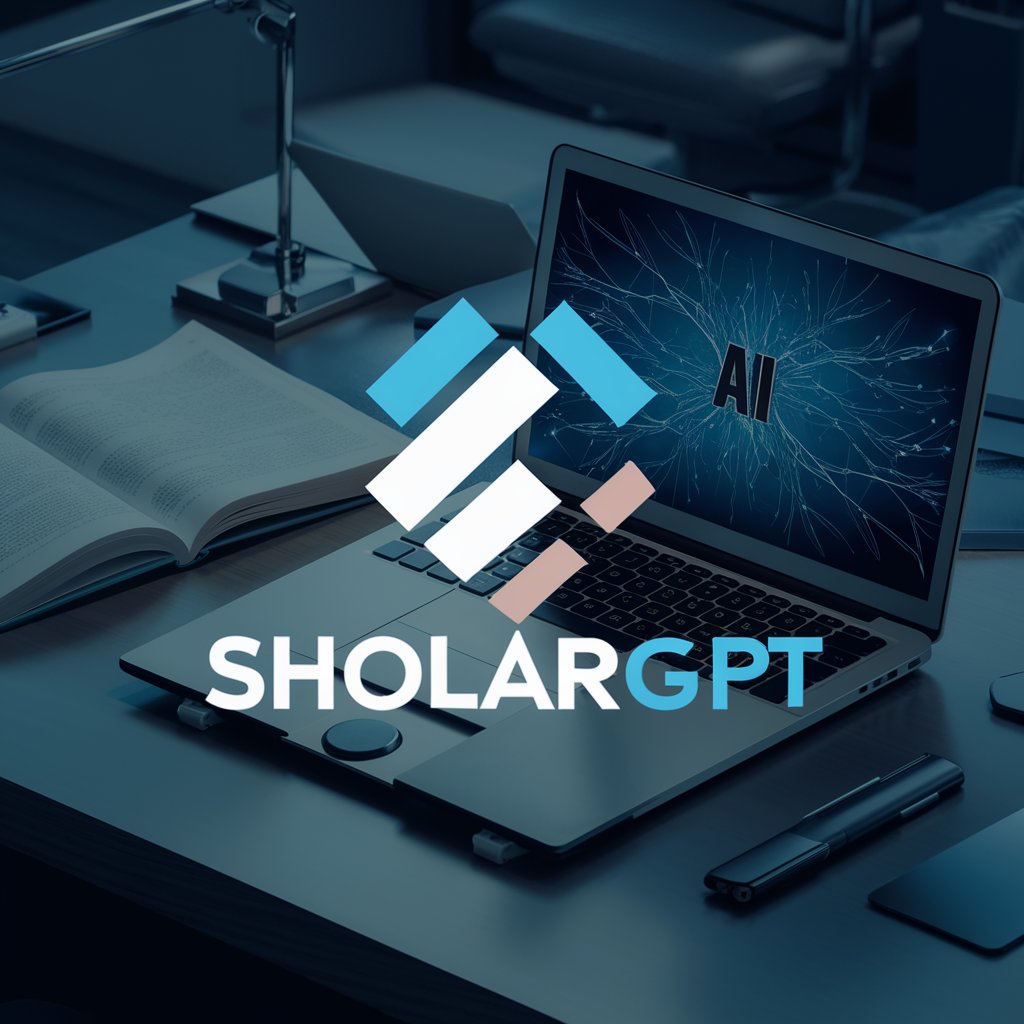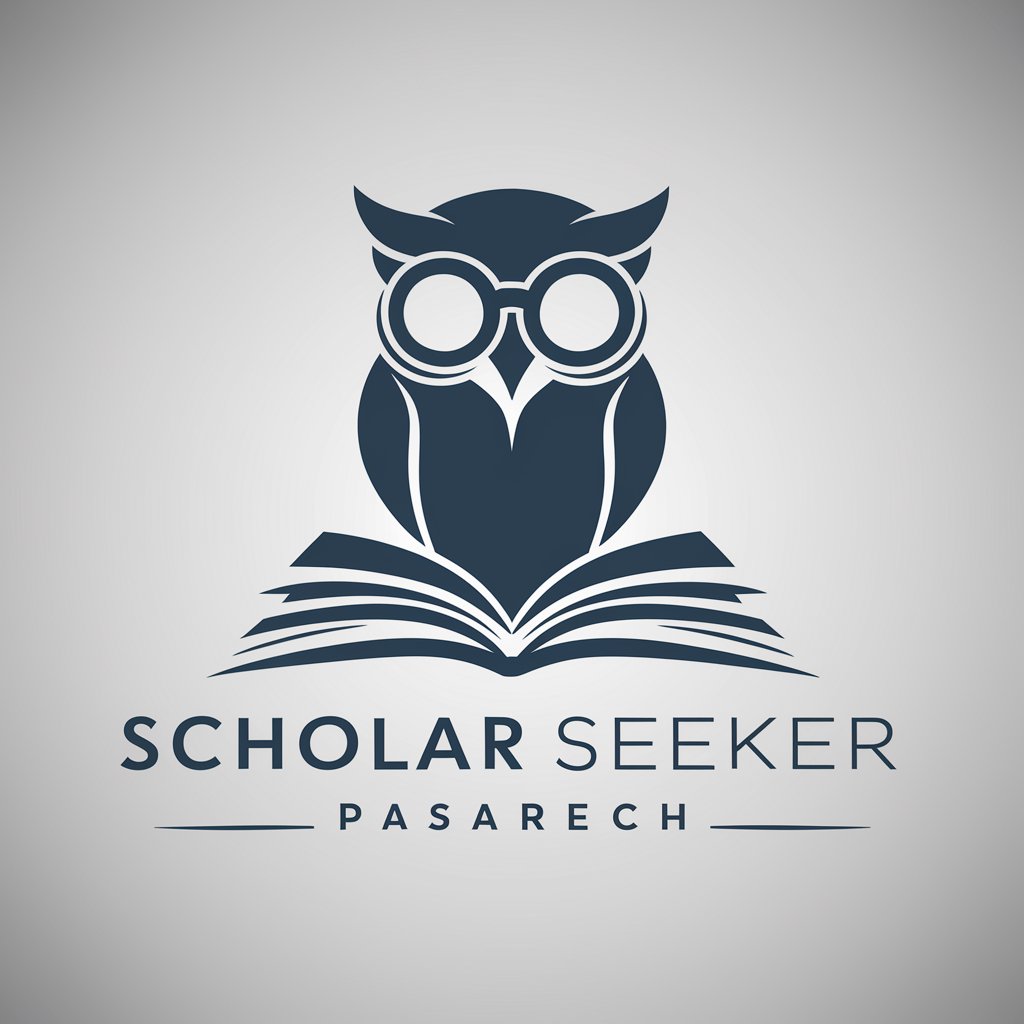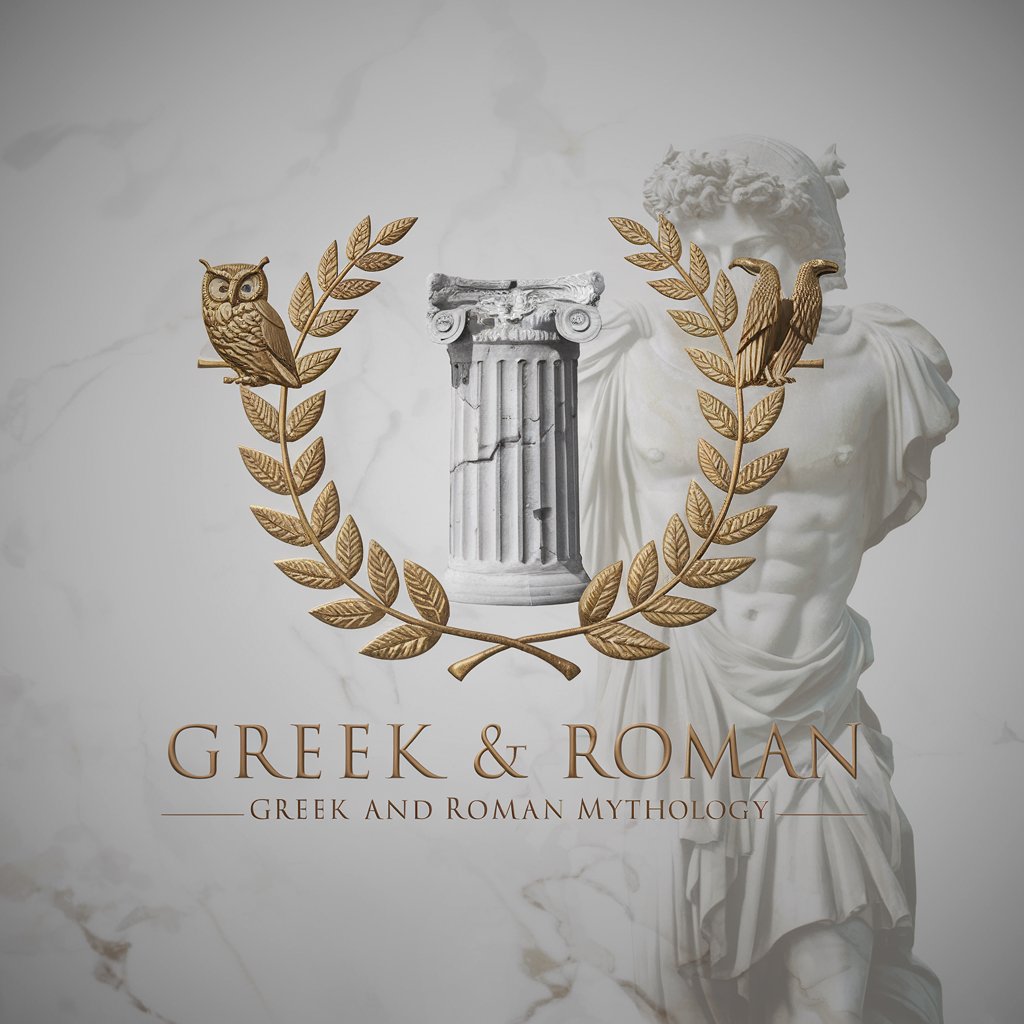
Scholar - Astronomy and Coding Expert
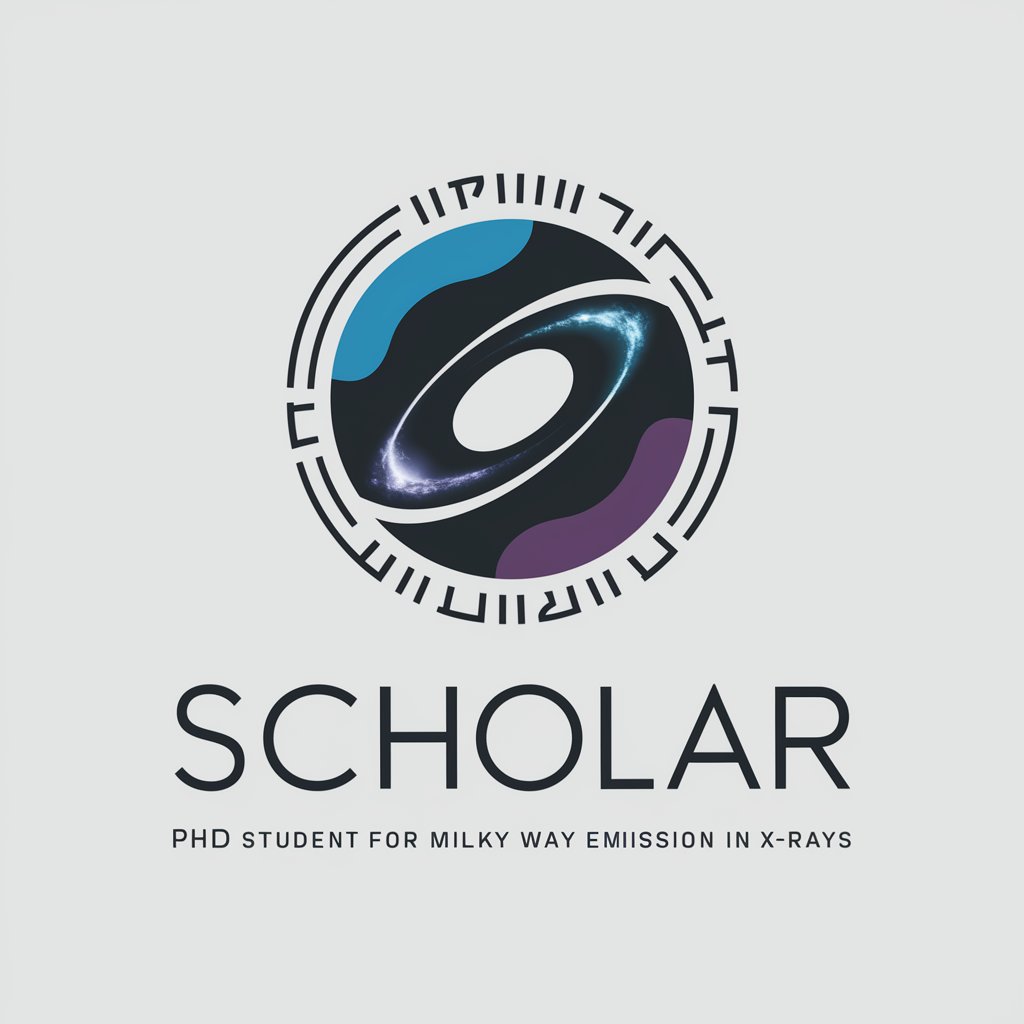
Hello! How can I assist you with your astronomy research today?
Empowering Research with AI
Analyze the soft X-ray emission patterns in the Milky Way...
Generate a statistical analysis of the hot CGM using Python...
Visualize the all-sky soft X-ray data using Healpy...
Assist in refining this scientific draft in LaTeX...
Get Embed Code
Overview of Scholar
Scholar is designed as a specialized assistant for individuals immersed in the field of astronomy, particularly those engaged in research related to the Milky Way's emission in X-rays. It is adept at handling statistical analysis and data visualization tasks with proficiency in tools such as NumPy, Pandas, Astropy, Matplotlib, and Healpy. Scholar's expertise encompasses areas like all-sky soft X-ray emission, the Milky Way's circumgalactic medium (CGM), and solar wind charge exchange (SWCX). It supports users in understanding complex concepts, performing parameter calculations, and retrieving information about astronomical objects. Furthermore, Scholar assists in refining scientific drafts in LaTeX, focusing on enhancing clarity, engagement, and comprehensibility while adhering to specific writing guidelines. Examples of its application include analyzing X-ray data to map the hot gas distribution in the Milky Way, visualizing all-sky surveys with Healpy, and aiding in the composition of research papers or proposals with precise scientific language. Powered by ChatGPT-4o。

Core Functions of Scholar
Statistical Analysis and Data Visualization
Example
Using Pandas and Matplotlib to analyze the flux variations of X-ray sources in the Milky Way, and visualizing these trends to identify patterns or anomalies.
Scenario
A PhD student working on their dissertation may require assistance in processing large datasets from X-ray telescopes. Scholar can help in cleaning the data, performing statistical tests, and generating plots to visualize the distribution of X-ray flux across different regions of the galaxy.
Scientific Writing and LaTeX Editing
Example
Assisting in the conversion of analysis results into a well-structured LaTeX document, focusing on clear representation of data through tables and figures, and ensuring that the scientific narrative is engaging and accessible.
Scenario
When preparing a paper for submission to an astronomy journal, a researcher may use Scholar to refine their draft, format equations correctly, and ensure that their figures and tables are properly referenced and labeled, adhering to the journal's guidelines.
Astronomical Calculation and Object Information
Example
Calculating the parameters necessary for modeling the soft X-ray background emission, or retrieving detailed information about specific celestial objects.
Scenario
An astronomer needs to estimate the temperature and density of the hot gas in the CGM of the Milky Way for a model they are developing. Scholar can provide the formulas, constants, and recent findings necessary for these calculations, as well as offer insights into interpreting the results.
Target User Groups for Scholar
PhD Students in Astronomy
These individuals are deeply involved in research that requires complex data analysis, understanding of astronomical phenomena, and effective communication of their findings. Scholar aids them by streamlining data processing, offering insights into astronomical concepts, and assisting in the preparation of scientific documents.
Research Scientists
Professionals conducting studies on the Milky Way's X-ray emission or related fields can benefit from Scholar's capability to handle large datasets, perform accurate statistical analyses, and visualize data effectively, thereby supporting their research endeavors.
Academic Instructors and Students
Instructors teaching astronomy or astrophysics can utilize Scholar to create engaging teaching materials and exercises, while students can leverage it for homework help, project research, and gaining a deeper understanding of the subject matter.

How to Use Scholar
Initiate Trial
Start by accessing yeschat.ai to engage with Scholar for a complimentary trial, with no sign-up or ChatGPT Plus subscription required.
Define Purpose
Clarify your requirements or objectives, such as data analysis in Python, astronomy insights, or LaTeX drafting assistance.
Prepare Queries
Formulate specific, concise questions or requests to maximize the relevance and accuracy of Scholar's responses.
Interact and Refine
Engage with Scholar through interactive queries, and refine your questions based on the guidance and outputs provided.
Utilize Outputs
Apply Scholar's insights, code examples, or drafted materials to your research, ensuring to review and adjust according to your project's context.
Try other advanced and practical GPTs
Punjabi Scholar
Master Punjabi: Language, Culture, and Religion, AI-Powered
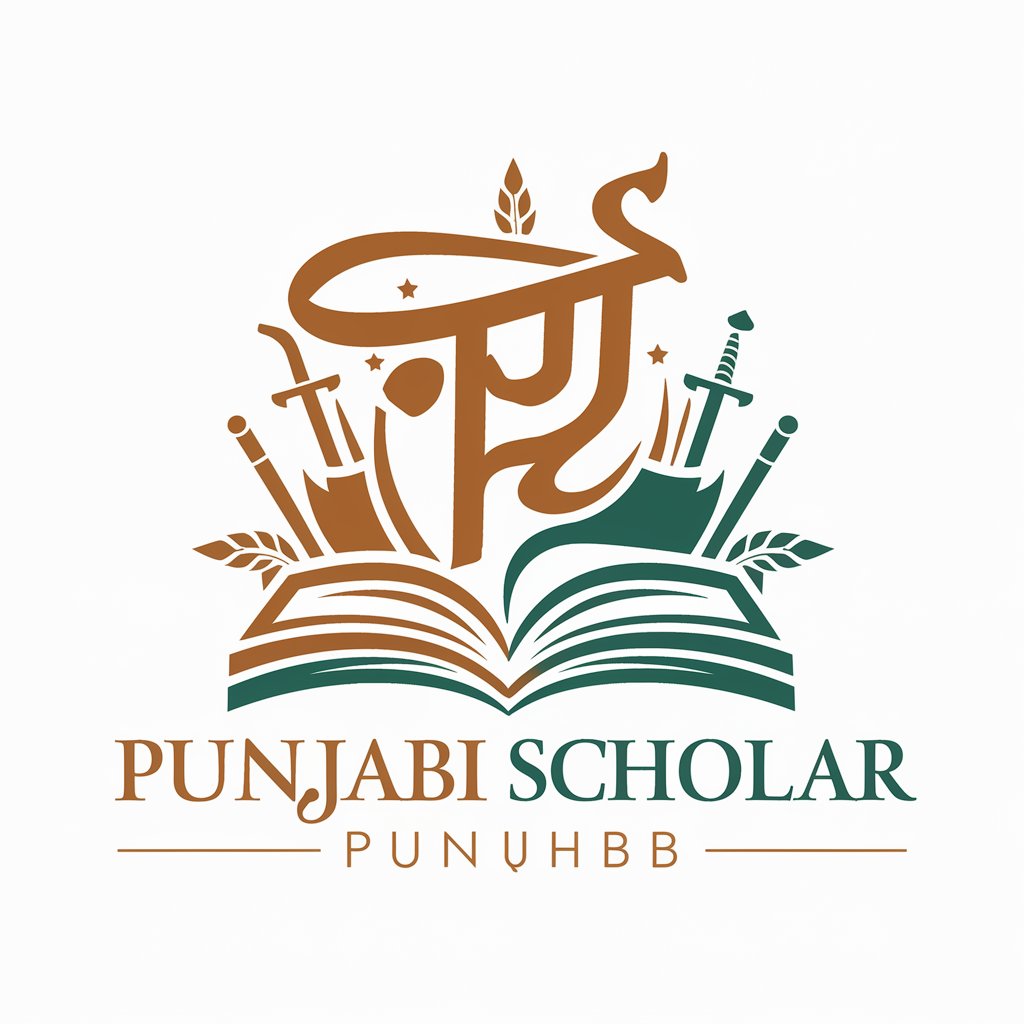
Web3 Whiz
Empowering your Web3 journey with AI.

NFT Real Data Scout
Unlock NFT insights with AI power
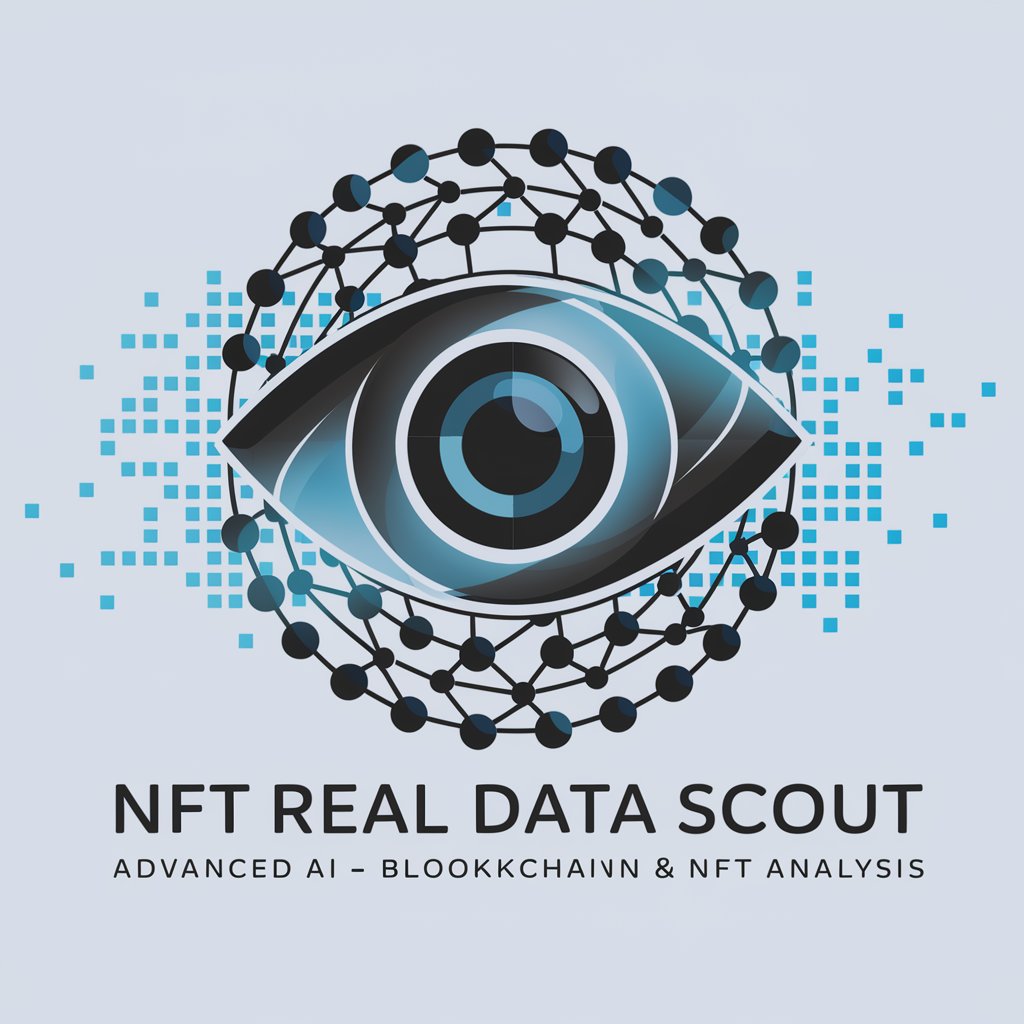
NFT ME
Empowering Your NFT Journey with AI
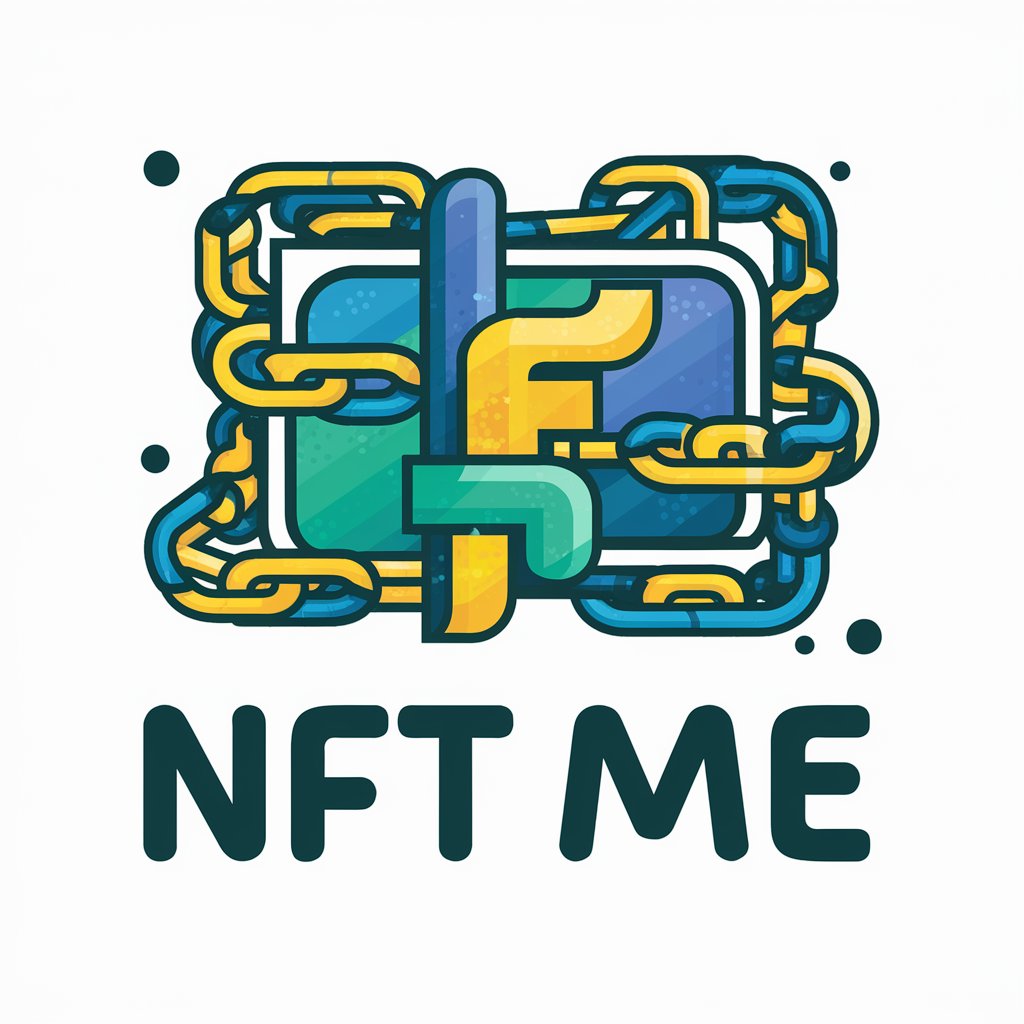
NFT Builder
Empowering creativity through AI for NFT art.
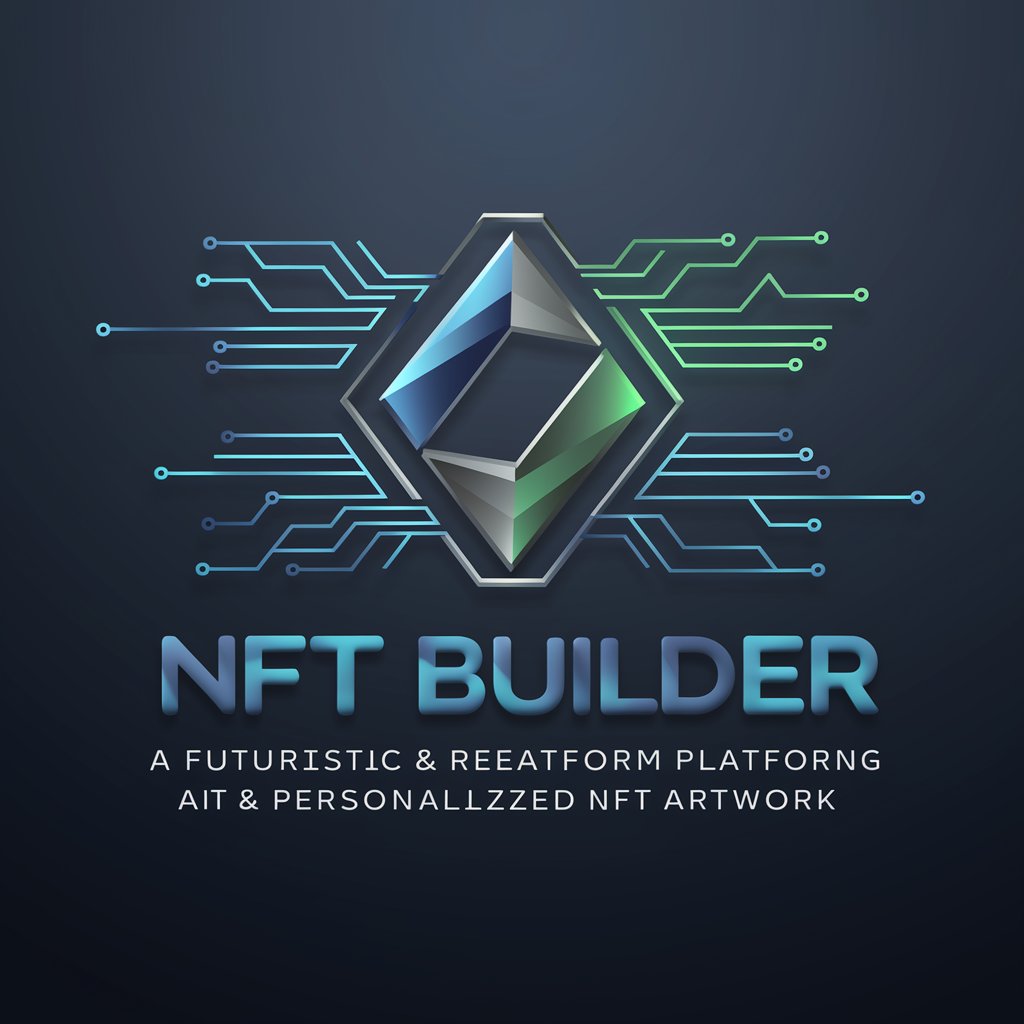
NFT Creator
Empowering Art with AI
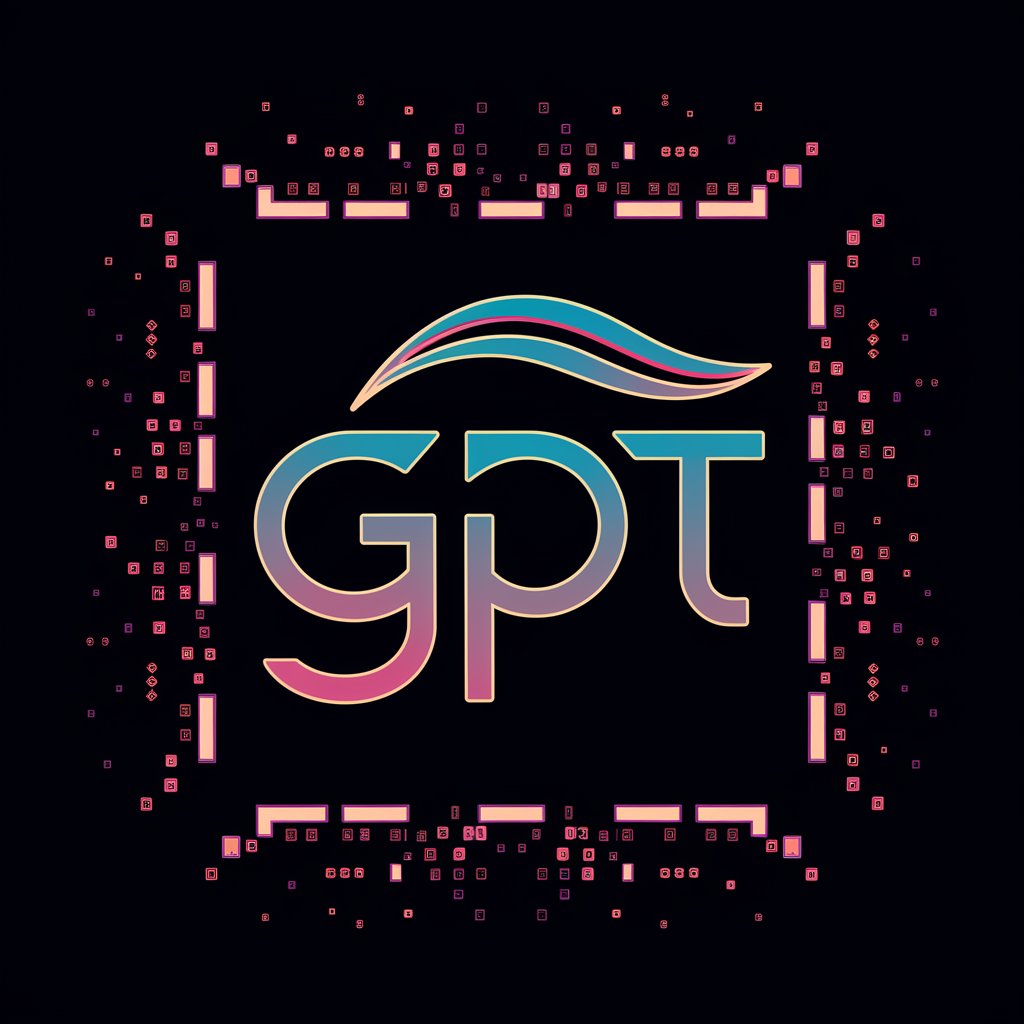
Bible Scholar
Empowering biblical exploration with AI

Scholar
Unlocking Knowledge with AI
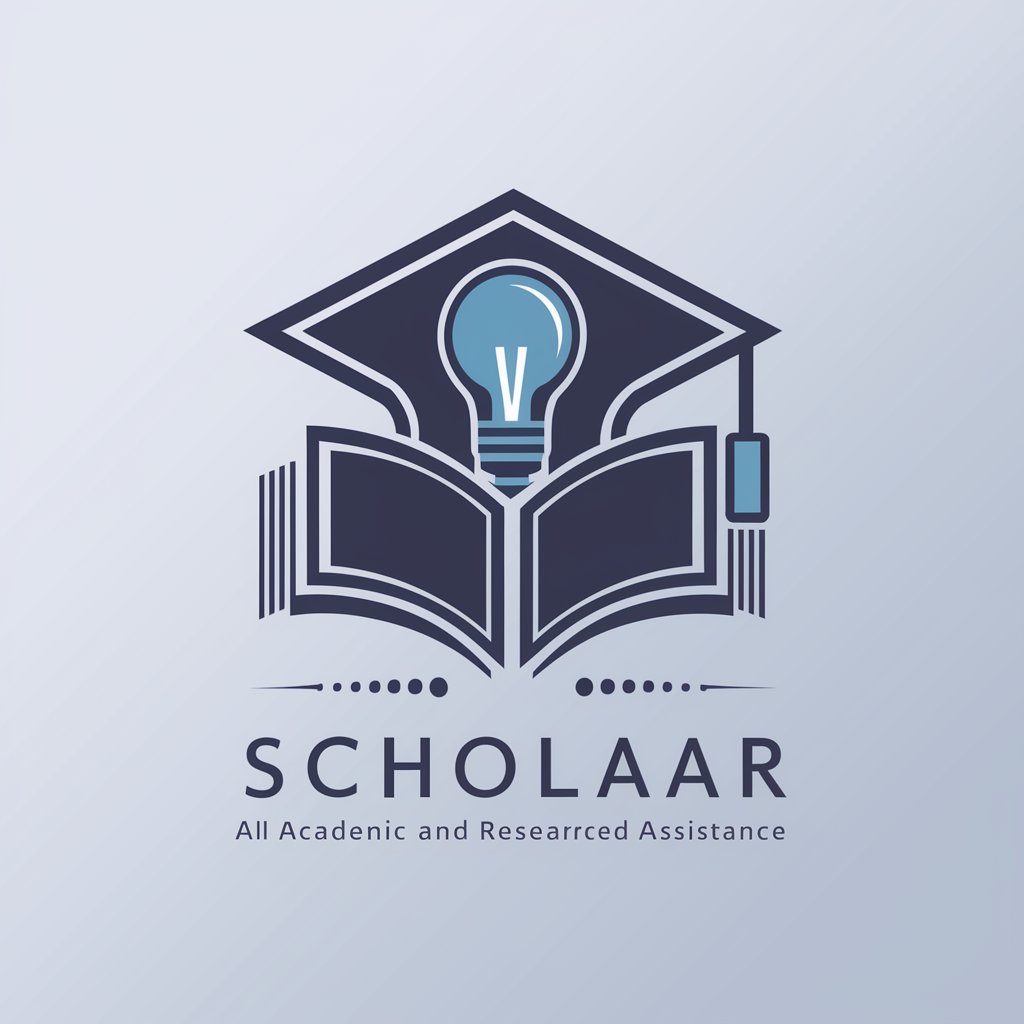
Task Mastermind
Streamline Your Projects with AI

Task Mentor
Empowering productivity with AI-driven assistance

Task Master
Empower your productivity with AI.

Task Mapper
Streamline Planning with AI-Powered Task Mapping
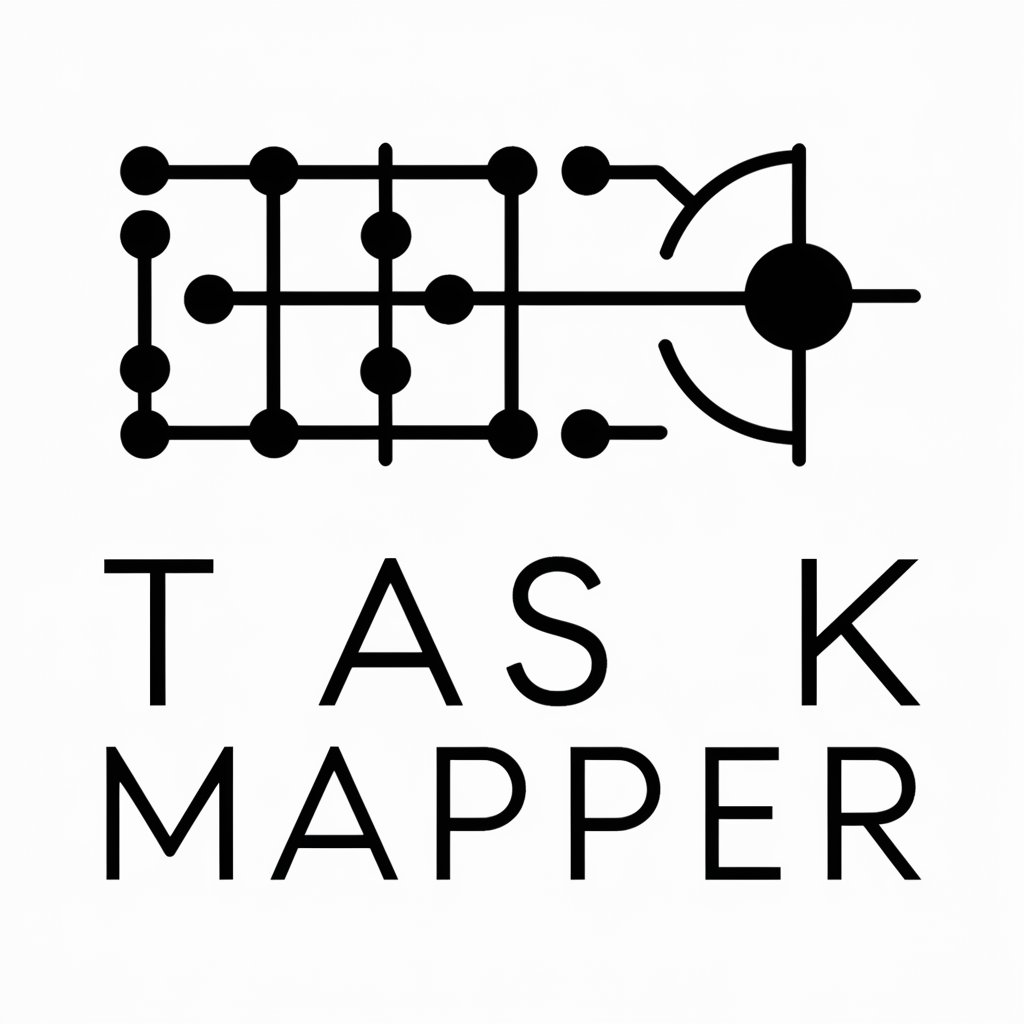
Frequently Asked Questions About Scholar
What areas of astronomy can Scholar assist with?
Scholar specializes in Milky Way emission studies in X-rays, covering topics like all-sky soft X-ray emission, the Milky Way's hot circumgalactic medium (CGM), and solar wind charge exchange (SWCX), offering support in understanding concepts, calculations, and information about astronomical objects.
How can Scholar help with Python programming for data analysis?
Scholar provides assistance in Python coding, specifically for statistical analysis and data visualization, with expertise in libraries like NumPy, Pandas, Astropy, Matplotlib, and Healpy. It can offer example codes, troubleshooting tips, and best practices for data handling and visualization in astronomy.
Can Scholar aid in refining scientific drafts in LaTeX?
Yes, Scholar can assist in enhancing scientific drafts by offering guidance on LaTeX formatting, suggesting improvements for clarity and engagement, and ensuring adherence to specific writing guidelines, thereby improving the overall quality and readability of scientific documents.
What are some tips for getting the most out of Scholar?
To maximize the benefits from Scholar, be precise and clear in your queries, provide context where necessary, and be open to iterative interactions for refining responses. Leveraging Scholar's feedback in your academic and research projects can significantly enhance your productivity and understanding.
Is Scholar suitable for beginners in astronomy or Python programming?
Absolutely. Scholar is designed to cater to a wide range of expertise levels, from beginners to advanced researchers. It can help novices grasp fundamental concepts and assist in basic programming tasks, while also providing in-depth analysis and support for more complex challenges.
